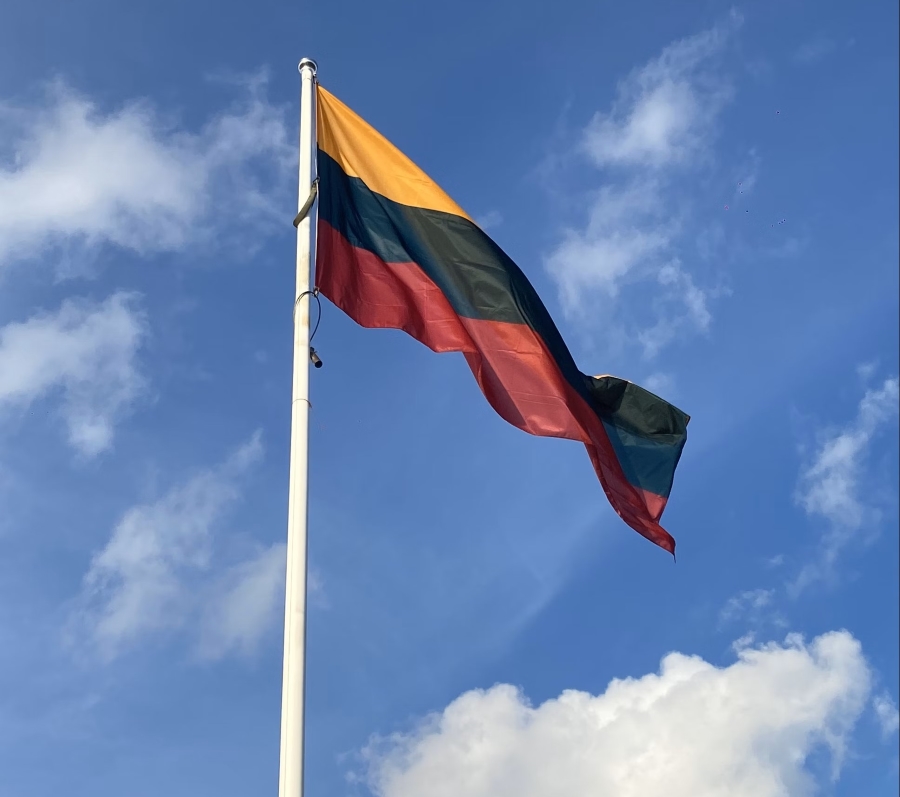
Southeast Asia’s gambling landscape is undergoing a profound transformation, with Vietnam emerging as the latest player to enter the multi-billion-dollar market. The country’s Ministry of Finance recently submitted a major proposal for a $2.2 billion casino resort project in Van Don, signaling Vietnam’s ambitions to challenge the dominance of traditional gambling hubs like Singapore and the Philippines, and reshape the region's entertainment and tourism sectors.
Van Don Casino Project: A Symbol of Vietnam’s Gambling Ambitions
The Van Don Casino will be located in Quang Ninh Province in northeastern Vietnam and is planned as a massive integrated resort covering approximately 244 hectares. Not only is the project large-scale, but it also represents the largest foreign investment in Vietnam to date, with a projected total investment of 51.5 trillion VND (approximately $2.2 billion). The construction will take nine years, divided into three phases: VND 25.1 trillion from 2023 to 2027, VND 22.08 trillion from 2027 to 2031, and VND 4.3 trillion in the final phase from 2031 to 2032. Once completed, the project will operate for up to 70 years, demonstrating investor confidence in its long-term returns.
The financing structure combines initial private capital (VND 7.7 trillion) and bank loans, drawing on the successful experiences of mature casino resorts in Asia to build a world-class entertainment destination.
Cultural and Policy Innovations: Vietnam Allows Local Players for the First Time
Another key highlight of the proposal is the allowance for Vietnamese citizens to participate in casino gaming, breaking the country’s long-standing restrictions on domestic gambling. Currently, only two casinos in Vietnam permit local citizens, and this policy has only been in effect since 2016. The pilot program reflects Vietnam’s positive attitude toward regulating and developing the gambling industry, and it signals a shift from underground gambling to legitimate, regulated activities.
Notably, a similar trend is emerging in other Southeast Asian markets. For example, the Corona Resort on Phu Quoc Island will stop allowing Vietnamese citizens in 2025. If the Van Don project is approved, it will seize this market gap.
History and Competitive Landscape of Southeast Asia’s Gambling Industry
Gambling has deep historical roots in Southeast Asia, with archaeological evidence of gambling activities in China dating back thousands of years. In modern times, Singapore and the Philippines have been the regional leaders. Singapore legalized gambling in 2005 and successfully developed the Marina Bay Sands and Resorts World Sentosa integrated resorts, making it a regional gambling hub. The Philippines, despite some setbacks, has created a mature market with around 20 casinos, thanks to strong regulation and continuous investment.
Recently, Thailand has also been pushing for gambling legalization, with plans to implement the Comprehensive Entertainment Industry Bill in January 2025. This could mark a significant turning point for a country that has largely prohibited gambling and could emerge as another important competitor in the region.
Technological Innovations Driving Southeast Asia’s Gambling Upgrade
The Southeast Asian gambling market is undergoing a digital transformation. Virtual reality, mobile payments, digital table games, and security technologies are becoming standard, attracting a younger consumer base. The rise of cryptocurrency and blockchain technology has brought both convenience and regulatory challenges. Vietnam has recently intensified efforts to combat illegal crypto-gambling, reflecting the dynamic interplay between technological advancement and regulatory oversight.
Additionally, artificial intelligence and data analytics are helping casinos better understand customer needs, optimize operations, and increase profitability.
MGM Resorts’ Regional Strategy
As a global gambling giant, MGM Resorts International is increasingly deepening its presence in the Asian market. Drawing from its successful experiences in Macau and Cotai, MGM is not only attuned to the unique characteristics of the Asian market but also actively participating in emerging projects in Thailand and Vietnam to help regulate and develop local gambling markets. The company focuses on the integrated resort model, combining entertainment, dining, and retail to meet the diverse experiences sought by Asian consumers.
Intense Competition in Southeast Asia’s Gambling Market
Singapore leads with its luxury positioning, while the Philippines attracts many players with lower entry barriers. Macau remains the highest-grossing gambling market. Vietnam’s Van Don project targets the high-end market, leveraging advantages such as lower operating costs and tax rates, and is poised to become an important player in the region. Meanwhile, Thailand’s legalization of gambling will further intensify competition, and the interplay of geography and policy will profoundly influence the choices of players and investors.
Economic Impact and Future Prospects
The Van Don project is expected to generate approximately 228.9 trillion VND ($9.67 billion) in fiscal revenue for Vietnam over its 70-year operational period, including high corporate taxes and VAT. The project will also create around 6,000 jobs across various sectors, including gambling, hospitality, and management.
Moreover, the construction of the integrated resort will drive growth in tourism, retail, and services, contributing to the diversification of the local economy. The project’s special administrative zone status will attract more international capital and enhance its regional competitiveness. With improvements in Vietnam’s transportation and visa facilitation, cross-border gambling tourism holds immense potential.



 3Days ago
3Days ago














